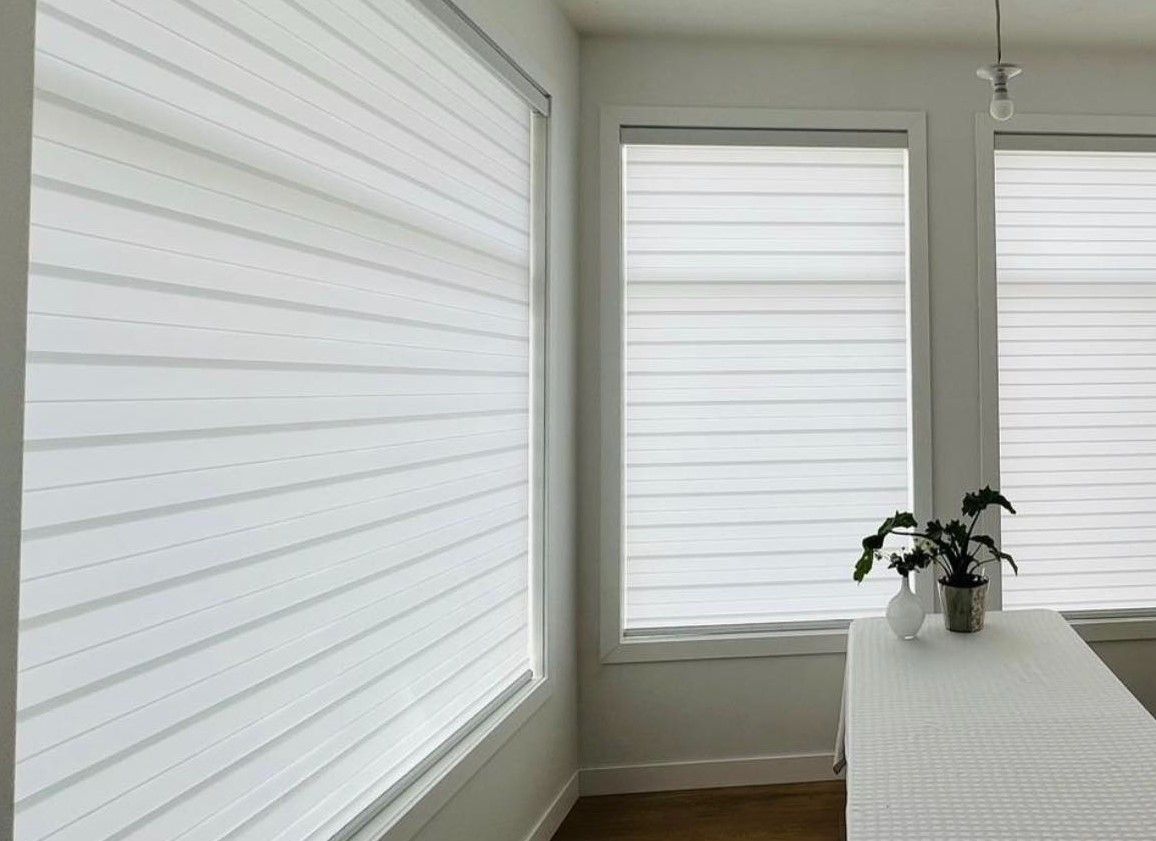Sustainability and Consignment: A Greener Way to Furnish
In an age where sustainability is becoming a priority for consumers and businesses alike, consignment furniture studios are leading the way in offering eco-conscious alternatives to fast furniture. This blog explores the environmental benefits of shopping consignment, how it supports a circular economy, and why choosing pre-loved furnishings is a powerful step toward greener living.
Early Roots: Secondhand Markets and Trading Posts
The Problem with Fast Furniture
The rise of fast furniture—affordable, mass-produced items designed for short-term use—has led to major environmental concerns:
- Short Lifespans: Many fast furniture pieces are made with low-quality materials that don’t withstand daily use.
- Landfill Overflow: In the U.S. alone, over 12 million tons of furniture are discarded annually, with much of it ending up in landfills.
- Resource Waste: The production of new furniture consumes vast quantities of wood, water, and energy.
- Toxic Chemicals: Glues, paints, and synthetic materials can release harmful VOCs into homes and the environment.
How Consignment Studios Promote Sustainability
Consignment studios combat these issues by extending the life cycle of furniture through resale and reuse. Here’s how they make a difference:
1. Waste Reduction
Buying and selling used furniture keeps items out of landfills and gives them a second life.
2. Lower Carbon Footprint
By avoiding the emissions associated with manufacturing and shipping new items, consignment purchases reduce the overall carbon impact.
3. Conservation of Natural Resources
Reusing wood, metal, and textiles helps conserve the raw materials needed to produce new furniture.
4. Reduced Demand for Mass Production
Shopping consignment supports local economies and discourages the overproduction common in big-box retail.
The Circular Economy in Action
Consignment furniture is a prime example of the circular economy—an economic model focused on reusing, repairing, refurbishing, and recycling:
- Owner A consigns a dining table they no longer need
- Studio B curates and displays it for resale
- Customer C purchases it, saving money and reducing waste
This cycle continues as furniture moves from home to home, with each user benefiting from its form and function.
Choosing Sustainable Pieces
When shopping consignment, you can further support eco-friendly living by choosing:
- Solid wood over composites: More durable and recyclable
- Timeless designs: Less likely to go out of style
- Quality craftsmanship: Built to last for decades
- Locally made items: Lower transportation emissions
Enhancing Sustainability at Home
Beyond purchasing, here are ways to make your furnishing habits even greener:
- Repurpose: Turn a vintage dresser into a bathroom vanity or a bookshelf into a plant stand
- Repair: Fix wobbly chairs or reupholster worn seating instead of replacing
- Donate: Consign or give away unused pieces instead of tossing them
- Shop Local: Support neighborhood consignment studios that reinvest in your community
Final Thoughts
Choosing to furnish your home with consignment pieces is more than a design decision—it’s a lifestyle choice that reflects mindfulness, responsibility, and creativity. As consumers become more aware of their environmental impact, consignment studios offer a meaningful solution: one that blends aesthetics, affordability, and ethics.
Furnish your home with intention. Shop consignment. Live sustainably.
Share This Blog










